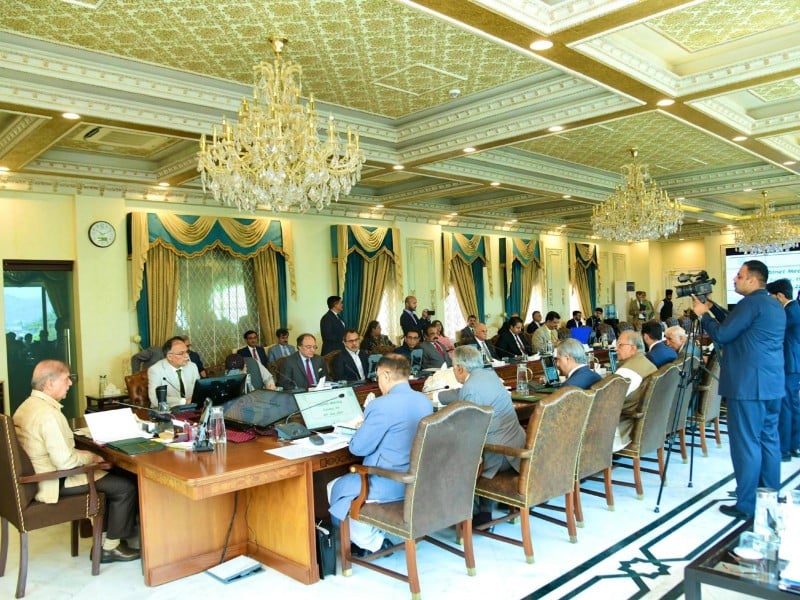Key Decisions on Energy, Economy, and Security
In a significant move, the federal cabinet, led by Prime Minister Shehbaz Sharif, decided not to impose a new duty on solar panels. This decision supports the growth of the solar energy market and aligns with green energy policies. Additionally, the cabinet approved limited sugar exports, ensuring no price hike in the domestic market.
Promoting Solar Energy and Ensuring Economic Stability
The federal cabinet’s decision not to impose new duties on solar panels marks a pivotal moment for the solar energy market. This move encourages solar energy investment and supports sustainable energy storage developments. By fostering the adoption of solar technology, Pakistan aims to enhance its energy market trends and reduce reliance on fossil fuels.
Prime Minister Shehbaz Sharif emphasized maintaining sugar prices while approving limited sugar exports. He directed the formation of a cabinet committee to monitor sugar prices, ensuring stability and preventing inflation.
Intensifying Security Operations and Advancing Privatization
During the meeting, the Prime Minister clarified Operation Azm-e-Istehkam. He emphasized that it is a comprehensive national vision for stability, not a large-scale armed operation. The operation aims to eliminate terrorism, crime, and extremism through intelligence-based strategies.
The cabinet reviewed progress on the privatization of state institutions, particularly Pakistan International Airlines (PIA). The process is advancing rapidly, with several companies showing interest. The PIA bidding is scheduled for the first week of August. The Prime Minister stressed transparency and accelerated the privatization process.
Approvals and Recommendations
The cabinet approved a one-time transit permit for a container of truck parts from Karachi to Kabul, supporting the United Nations World Food Program in Afghanistan. Additionally, a memorandum of understanding between Pakistan’s Ministry of Religious Affairs and Saudi Arabia’s Ministry of Islamic Affairs was approved.
The tenure of the implementation committee for the immovable property of the Emir of Bahawalpur was extended until March 2025. The cabinet also appointed an Executive Director for the Frequency Allocation Board (FAB) and approved the National Economic Council’s annual report for the financial year 2022-23.
Moreover, the cabinet ratified decisions from the Economic Coordination Committee and the Cabinet Committee on Legislative Cases. The Prime Minister directed ministers to ensure their presence in Parliament during the Budget 2024-25 debate, emphasizing the importance of active participation.
Source:tribune.com.pk





